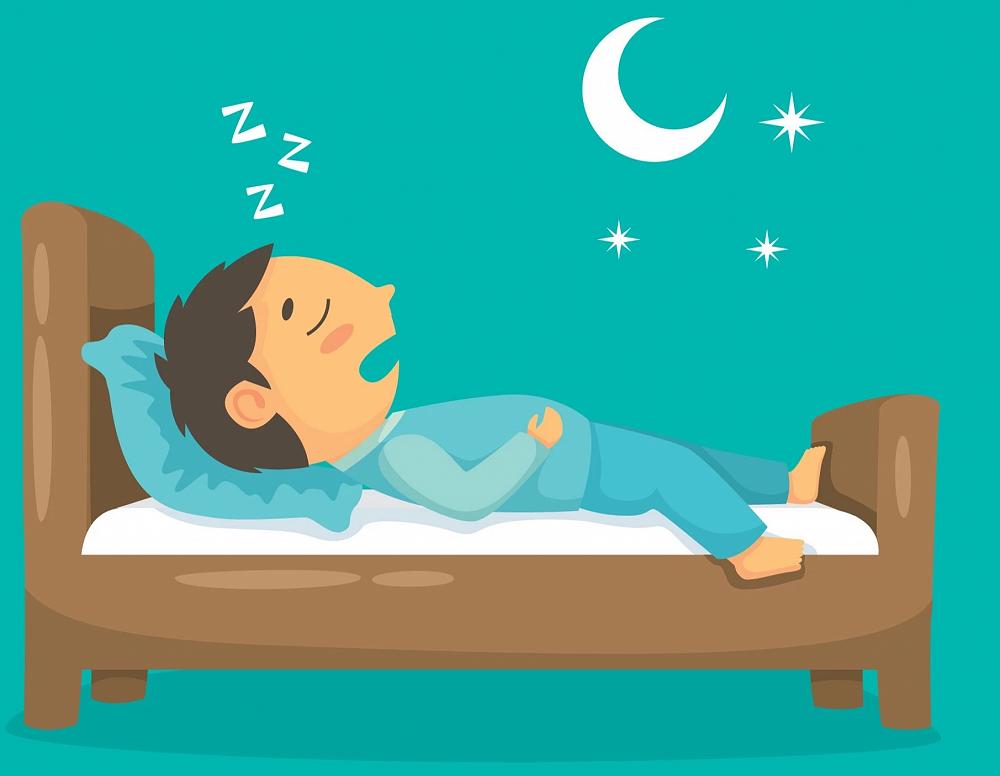
Wellbeing and Sleep
This year we have been using a wellbeing tool called Komodo to monitor the wellbeing of all students in Years 5-8. Komodo allows us to identify common trends and one aspect of wellbeing that has been highlighted as an area of concern for our students is Sleep Quality.
Using Komodo, students complete a short survey every fortnight. This gives teachers another opportunity to identify issues or concerns so that they can be resolved promptly and, if needed, put extra support in place. Sleep quality is an area of concern that has been highlighted. For the question, “How would you rate the quality of your sleep in the last week?” the average response is 63% of the way along a sliding scale, which sits within the descriptor of ‘average’. If you have any questions about Komodo please contact Scott Johnson: scott.johnson@medbury.school.nz.
To support you as parents/caregivers, the newsletter below, first published in August 2022, provides a number of key ideas and resources to help you prioritise good sleep quality for your children.
Make a plan for sleep
Be intentional about having a clear bedtime routine, including things such as a bath or shower, getting changed into pyjamas, brushing teeth and reading a book. A consistent routine will help establish a clear bedtime and waking time.
Avoiding a big meal and screen time at least an hour before bedtime is also important in terms of allowing the body and brain to feel prepared and settled for sleep.
Experts in the area of sleep suggest that aiming for a consistent bedtime, as often as possible, and keeping phones out of the bedroom is important. This can become more difficult as your child gets older as they have increased amounts of homework, sports and social activities, and phones become a part of their life.
Whilst there are some slight variations across websites the advice is that primary aged children should get 10-12 hours sleep a night; high school aged students should get 8-10 hours sleep a night; and adults should get 7-9 hours sleep a night.
If your child has trouble getting to sleep here are some tips from Health Navigator New Zealand (this page on Sleep and Children has an extensive list of resources and guidelines for parents/caregivers if this is an area you would like to look into further):
make sure they’re not going to bed too early or too late for them, and if so, adjust their bedtime by 15 minutes a night
make sure there’s no noise disturbing them from the TV or other activity near their bedroom
teach them how to use their breath to quieten their mind by focusing on slow breathing
help them learn to sleep without you in the room, by leaving the room with the lights out before they fall asleep
until it comes naturally, acknowledge good behaviour around sleep with praise and other rewards, eg stickers
try to make sure that your child only uses their bed for sleeping – lying on a bed and doing other activities (eg, watching a computer) makes it hard for their brains to associate their beds with sleep.
If a challenge for your child is waking up during the night Kidshealth has some useful information on sleep challenges for children and a range of reasons why children wake up during the night (such as nightmares, sleep and anxiety, night waking, sleep and breathing, and sleep resistance,) with advice for how to manage these.
Make time to check in with your child’s sleeping
Remember that change can impact sleep routines. It is often a good idea to regularly discuss and check in with your child’s sleep routines, even if they are getting good sleep, so that you can plan ahead for when sleep may be impacted eg due to illness, a trip away, or the school production!
Each term, take the time to review your child’s schedule. Do they want to start a new sport or activity and do they have the time to do this alongside what they are already doing? It may be that your child’s sleep and energy levels are impacted if they are busier than usual and this may impact their wellbeing. I would certainly recommend that your child does a few things well rather than doing lots of things in a rush. It may be that you agree for your child to try one new activity this year and another one the year after. Whatever you decide, it will be important to check in with how your child is coping and whether they are still getting good sleep.
Image sourced from: https://www.drrahulseldercare.com/post/guide-to-good-sleep
Jenelle Hooson
Jenelle is a Registered Provisional Member with NZAC (New Zealand Association of Counsellors).
If you wish to discuss the services the School Counsellor can provide, please see your son’s homeroom teacher or Scott Johnson: scott.johnson@medbury.school.nz.